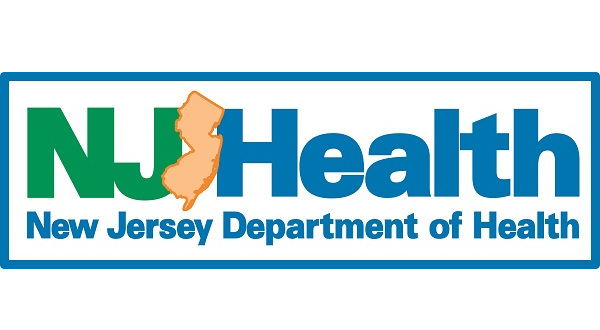Blacks, Latino Vaccination Rates Improve as Delta Variant Dominates NJ

NOTE: This story is part of the “After the Pandemic: Reporting on NJ Underserved Communities” fellowship administered by Center for Cooperative Media at Montclair State University and financially supported by the Democracy Fund and Geraldine R. Dodge Foundation.
By Clyde Hughes | AC JosepH Media
ATLANTIC CITY — African Americans and Latinos are making up to 45% of the people being vaccinated for the coronavirus in New Jersey in recent weeks, but still lag behind the total population that has been vaccinated so far, a New Jersey health official told reporters Thursday.
Dr. David Adinaro, the deputy commissioner for public health services with the New Jersey Department of Health, said while they have done “a lot of outreach” in the two communities through faith-based organizations and other community groups, a bigger effort is needed to improve the current numbers.
Adinaro’s comments come as the more contagious Delta variant of the coronavirus sweeps across the United States and threatens to undo all the gains health professionals and the public have made in slowing the spread of the disease.
In a short period of time, the Delta variant, which was first detected in India, but has caused cases to spike in areas where vaccinations are low, forced the Centers of Disease Control and Prevention this week to issue a new mask mandate for everyone in crowded indoor spaces across most of the country.
The New Jersey Health Department said this week that the Delta variant became the dominant strain in the state earlier this month and now comprises 75% of all new coronavirus cases. Adinaro said while Blacks and Latinos have picked up their pace on vaccinations recently, their communities are still as vulnerable as ever.
“About 40 to 45% of those being immunized each week are coming from people who identify as [African American and Latino],” Adinaro said. “But still, as a whole, those two groups make up about 24% of everybody who has been vaccinated and that is not totally representative of our communities as a whole.
In South Jersey, Camden City, which has a majority African American and Latino population, has one of the highest percentages of unvaccinated people in the state, with 45% still not vaccinated.
“So we do know that we still have some work to do both in terms of access, and quite frankly, also in countering some vaccine hesitancy in all communities in New Jersey. We’re especially interested in the African American community in the Hispanic and Latino communities to increase the percentage of people who’ve been immunized.”
READ More Stories Like This One at Front Runner La Prensa Here
Adinaro said both communities saw disproportionately high rates of “disease burden, and quite frankly, death and hospitalization” at the height of the pandemic, which started in the United States in March 2020. He touted efforts by the state to get into at-risk neighborhoods and communities through local pharmacies.
“We now have over 1,500 places in New Jersey that are vaccinating every week,” Adinaro said. “The large percentage of vaccines are now being delivered by pharmacies, probably about 75% to 80% of our vaccines every week is being given in a pharmacy, whether it’s a large chain pharmacy or at an independent pharmacy.”
While some have debated vaccine hesitancy as a factor in lagging vaccine rates among African Americans and Latinos, Adinaro said he has a broader view of the term.
“I think hesitancy is a very large bucket category,” he said. “Some of the hesitancy is economic. ‘I don’t know if I can take a day off work if I get sick from the vaccine.’ Some of it is related to a variety of things.
“We’ve looked at, particularly in the African American community, the importance of a lot of outreach from the very beginning of the vaccine campaign. We reached out to community leaders, faith-based organizations, to really start the conversation back in probably August of last year, even before we had a vaccine,” he added.
Adinaro admitted the health department “didn’t have the same penetration of availability of vaccine, particularly in a lot of our cities, and also in some of our rural areas. Access is still an incredibly important issue.”
Adinaro said in addressing access, the health department must match its public health campaign with making the vaccine easier to get and become available to more people.
“It has to be a dynamic discussion,” Adinaro said. “It also has to change, depending on the neighborhood, depending on the needs. We’ve assigned a lot of one-on-one conversations in a variety of communities, and a lot of it is listening in finding out what are the resources that a particular community thinks they need in order to facilitate access to the vaccine.”
Follow Us Today On:
Note from AC JosepH Media: If you like this story and others posted on Front Runner New Jersey.com, lend us a hand so we can keep producing articles like these for New Jersey and the world to see. Click on SUPPORT FRNJ and make a contribution that will do directly in making more stories like this available. Thank you for reading.




